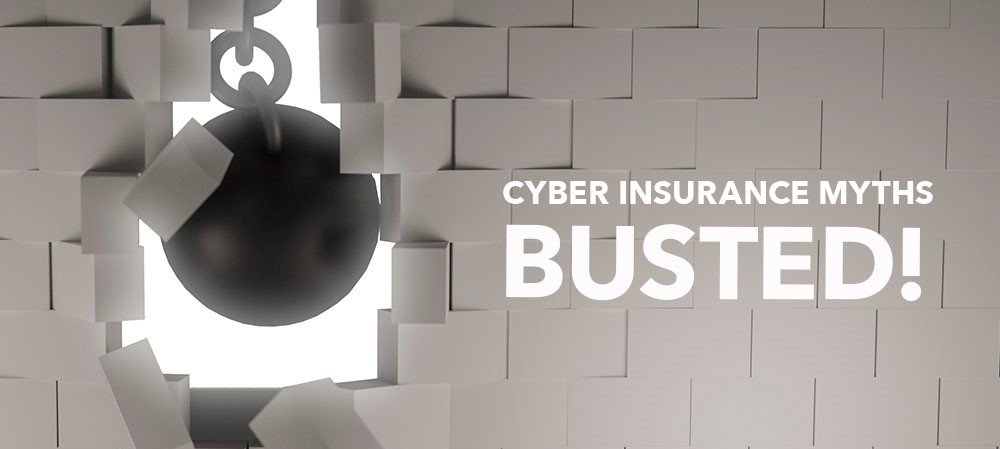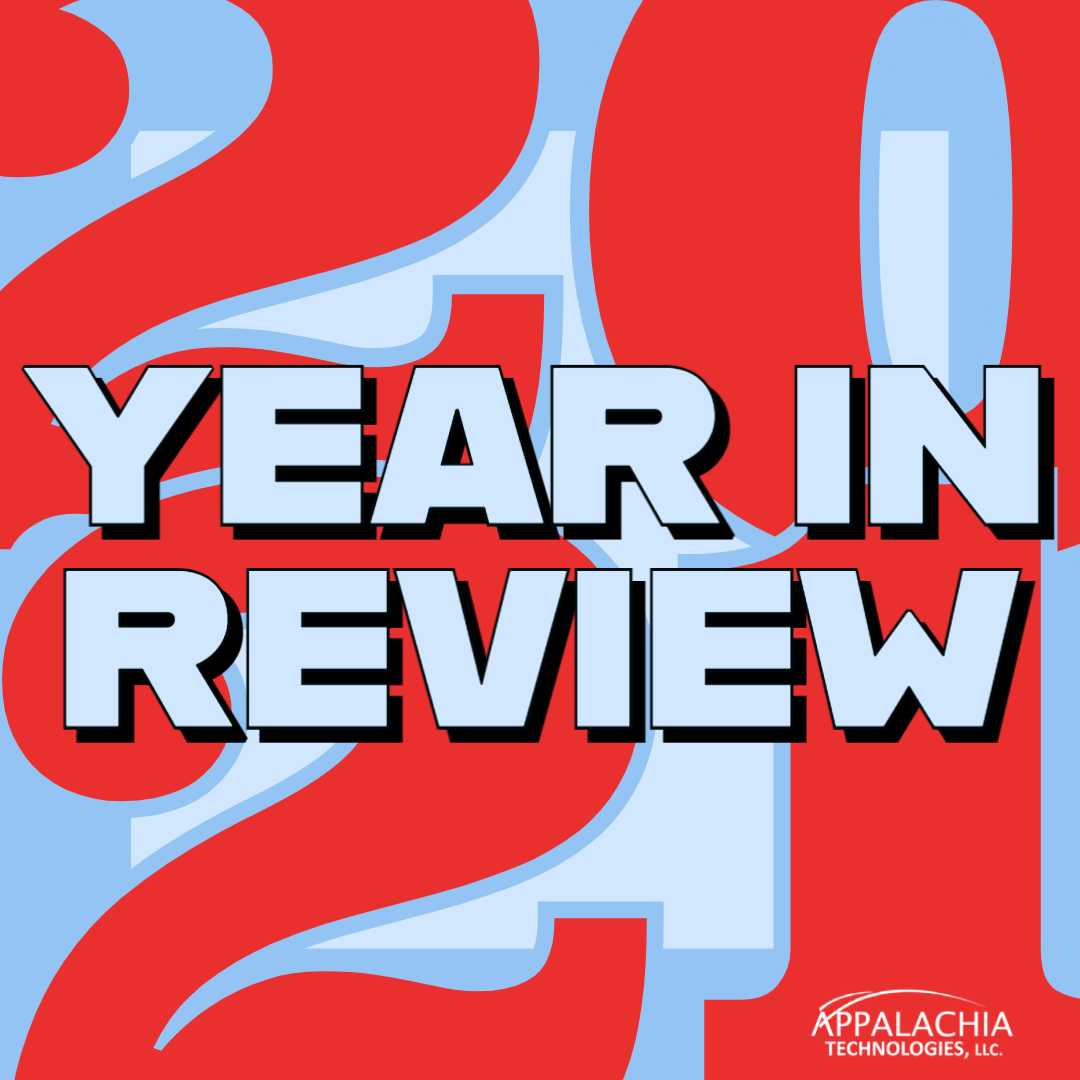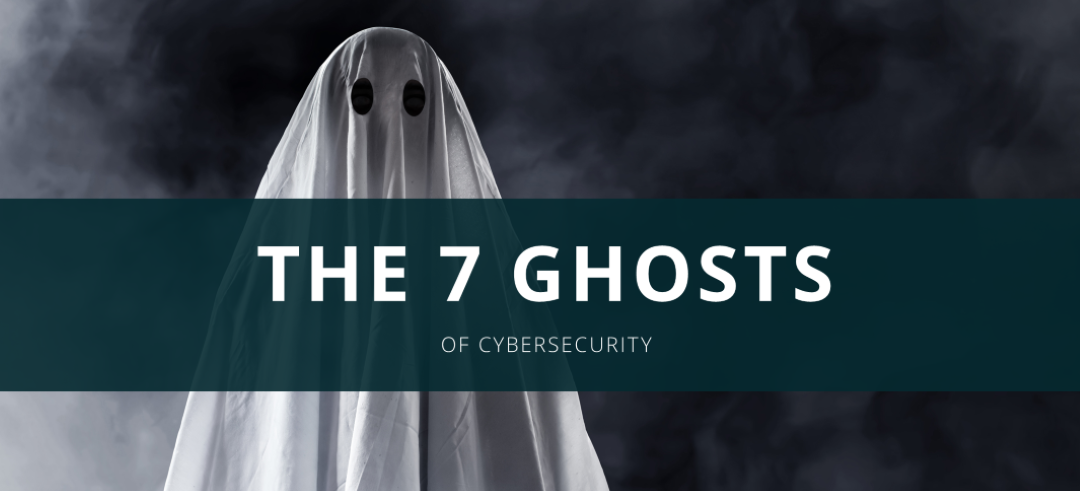 As the world increasingly moves online, so do the risks to our businesses. Cyber insurance is one way to help your business recover following a cyberattack. It covers financial losses caused by events such as data breaches, cyber theft, ransomware, and more.
As the world increasingly moves online, so do the risks to our businesses. Cyber insurance is one way to help your business recover following a cyberattack. It covers financial losses caused by events such as data breaches, cyber theft, ransomware, and more.
Appalachia Technologies Blog
P R E S S R E L E A S E
Grantville, PA: On Wednesday, October 19, Appalachia Technologies will be hosting a free in-person cybersecurity summit at the Hollywood Casino at Penn National Race Course for regional CIOs, CISOs, and IT Security Leaders.
Sixth-Annual List & Research Identifies Leading Managed Security Service Providers Worldwide
September 20, 2022, Mechanicsburg, PA: MSSP Alert, a CyberRisk Alliance resource, has named Appalachia Technologies to the Top 250 MSSPs list for 2022 (http://www.msspalert.com/top250).
In your city or town, you know that stretch of road or highway that feels like it has been under construction for 10 years? In many ways, the development of CMMC can feel like it too is marked with orange cones and will be underway for years. From the most significant change of CMMC 1.0 (the OG version) to the November 2021 update to CMMC 2.0, to even the CMMC-AB name change to The Cyber AB, new information seems to keep coming with timelines shifting. While The Cyber AB holds monthly Town Hall webinars to share updates, the DoD and various vendors are also sharing out information via webinars. Recently, PreVeil, a DoD supplier, along with members of the Manufacturing Extension Partnership, hosted a webinar with DoD leaders Stacy Bostjanick (DoD CMMC Program Head) and Dave McKeown (DoD CISO) to review recent updates and timelines.
Mechanicsburg, PA, February 14, 2022 — Appalachia Technologies announced today that CRN®, a brand of The Channel Company, has named Appalachia Technologies to its Managed Service Provider (MSP) 500 list in the Pioneer 250 category for 2022. CRN’s annual MSP 500 list identifies the leading service providers in North America whose forward-thinking approaches to managed services are changing the landscape of the IT channel, helping end users increase efficiency and simplify IT solutions, while maximizing their return on investment.
P R E S S R E L E A S E
Mechanicsburg, PA, February 14, 2022: Today, Appalachia Technologies, a Managed IT and Cybersecurity Provider, announced their acquisition of Cyber Protection Group (CPG), a cybersecurity company specializing in penetration testing and compliance. The acquisition is another advancement in the growth of Appalachia’s cybersecurity core business competency.
PRESS RELEASE
Mechanicsburg, PA, December 10, 2021: Appalachia Technologies, a Managed IT and Cybersecurity Provider, was named an approved Managed Security Services vendor for PASSHE, the Pennsylvania State System of Higher Education.
 The year is 2021. We don’t have flying cars or robot maids, but nearly 5 billion souls worldwide are now connected to the Internet and to each other. This is a beautiful thing and a remarkable feat of human ingenuity. However, every rose has its thorn (to borrow from the great post-modern philosopher Bret Michaels) and to us who work in cybersecurity, 2021 was thornier than ever.
The year is 2021. We don’t have flying cars or robot maids, but nearly 5 billion souls worldwide are now connected to the Internet and to each other. This is a beautiful thing and a remarkable feat of human ingenuity. However, every rose has its thorn (to borrow from the great post-modern philosopher Bret Michaels) and to us who work in cybersecurity, 2021 was thornier than ever.
Here is Appalachia’s 2021 Cybersecurity Year in Review!
What is MDM?
 Mobile Device Management is software that allows companies to administrate mobile devices like smartphones or tablets. Many people are familiar with desktop PCs connected to a local domain. MDM is based on a similar idea, but MDM allows settings, apps, and content to be managed across different operating systems (like iOS or Android) and devices do not need to be connected to a local domain controller. Essentially, it allows companies to manage phones and tablets no matter where those devices are located.
Mobile Device Management is software that allows companies to administrate mobile devices like smartphones or tablets. Many people are familiar with desktop PCs connected to a local domain. MDM is based on a similar idea, but MDM allows settings, apps, and content to be managed across different operating systems (like iOS or Android) and devices do not need to be connected to a local domain controller. Essentially, it allows companies to manage phones and tablets no matter where those devices are located.

Even organizations with solid cybersecurity programs will have findings from a security assessment. After all, cyber attacks and attackers continue to learn and evolve, always trying to be one step ahead of their prospects. Through our years of performing security assessments, here are the Top 5 areas that we have found to need remediation work post-assessment.

Appalachia is proud to be a member of The ASCII Group, a community for managed services providers, IT service providers, and managed security service providers. Recently Jason McNew, Senior Engineer, Cybersecurity Risk & Compliance, was invited to contribute his experience and knowledge of ransomware, along with a few select members to help the ASCII community.
Adapting...with a smile!
It’s early March 2020, and seemingly out of the blue, our personal and professional lives began to feel the subtle, and not-so-subtle effects, of COVID. Our personal lives aside and from a professional lens...things certainly looked and felt different. Nineteen months later, we’ve adapted, but we continue to feel the impact. Is this the new lens through which we’ll view our professional worlds? Time will tell, but the business lessons we’ve learned are more important than ever.
I’d like to take a minute and share the effects COVID has had on Appalachia Technologies...and how we continue to persevere and get better despite it!
In a previous blog post, we discussed how to calculate your SPRS (Supplier Performance Risk System) score in support of your CMMC (Cybersecurity Maturity Model Certification) efforts. In that same blog, we also provided a free tool to help you calculate your SPRS score automatically.
In this follow-on blog, we’ll talk about how to provide your SPRS score to the DoD, which is a whole other chore once you’ve actually determined what your score is. In order to access the part of the SPRS website where your score is uploaded, we first need a CAC (Common Access Card) or a DoD approved medium assurance ECA (External Certification Authority) certificate. The primary purpose of this certificate is to ensure that the individual person entering the score is who they actually claim to be (non-repudiation), in addition to ensuring the confidentiality of the data.
The day after Thanksgiving, widely referred to as Black Friday, has marked the start of the Christmas shopping season since 1952. Surprisingly, it wasn’t until 2012 that the Black Friday buzz was adapted to further stoke the shopping fire by promoting Cyber Monday. Whether shoppers choose to chase the deals in person or from the privacy of their own homes, personal information is being shared in the form of email addresses, home addresses, and credit card numbers. As the stores are preparing by stocking shelves and bulking up employee headcount, cyber criminals are also preparing to capitalize on the shopping frenzy, hoping to catch consumers with their guards down.
One of the great “must reads” for us cybersecurity wonks is the annual DBIR (Data Breach and Incident Response), issued by Verizon every year since 2008. While never dull, the DBIR is not a light read and comes in at a meaty 115 pages this year. While we at Appalachia are delighted to stuff our horns with popcorn and study every last page, we realize that not everyone can make the time to fully digest this comprehensive treatise. To that end, we have taken the time to write an executive summary of the DBIR for readers of our blog – because we care, and we don’t want you missing reruns or tee time.
This year’s DBIR is broken up into 8 major sections: Introduction, Results and Analysis, Incident Classification Patterns, Industries, SMB, Regions, Wrap-up, and Appendices. Let’s dig in by getting a sense of the sheer amount of work that the DBIR team puts in here:
We are extremely proud of the men and women in our organization who have served our country. Coming from the Navy, Air Force, Marines, and Army, these members have taken their experiences in the military and applied it to their civilian careers. To honor the veterans on our staff, I asked them to share - what they learned, their greatest achievement, their greatest challenge, and how we can step up to support our veterans. Thank you, Mike, Nathalie, Jason, Derek, Joel, and Jason!

I remember the first time my dad gave me a box of tools. I was moving out for the first time, and he gave me a box filled with an old hammer, two screwdrivers (one flathead, the other Phillips head), a rusty wrench, and a tape measure. It wasn’t much but it showed me that he wanted to make sure that I was ok. He gave me those tools so that I could fix any problems that came up in my time away from him. Well, I want to do the same for you but with cybersecurity. Now I’m not your father, but that doesn’t mean that I don’t want you to be safe online, and there are tons of tools online that can help you strengthen your cybersecurity.

October is Cybersecurity Awareness Month, but it is also well known, among the vernacular of the younger generation, as Spooky Season. Most people are more concerned with ghosts, ghouls, and goblins than they are with the dangers lurking in the dark corners of the Internet, which is understandable. It’s more fun to think about the fake monsters than the real ones who could change your life in an instant. So, let’s make a compromise. We’re going to list the 7 scariest ghosts and monsters when it comes to cybersecurity, and we’ll try to make it as spooky as possible.
The Netflix docudrama film The Social Dilemma describes Facebook as “The problem beneath all other problems.” As this is a security/technical blog we are not in the business of bashing or praising social media, but it goes without saying that Facebook has become omnipresent in the daily lives of literally billions of people. The same is also true of Instagram and WhatsApp, two other massive social media properties which were also unavailable for about six hours on October 4th. When something that big falls that hard, there are always unforeseen and unintended consequences.

If you’ve watched any sci-fi movie, you probably understand the perceived dangers of the digital world. Primarily the unrealistic dangers of artificial intelligence. Now, I’m not saying that AI won’t be a threat in the future but it’s important to note that right now the people using the Internet pose a much bigger threat than an incoming Robo-Apocalypse. And I’m not just talking about cybercriminals. Regular, everyday human error is what poses the most dangerous threat to your company’s cybersecurity. Don’t believe me? Well then, let’s take a quick look.

